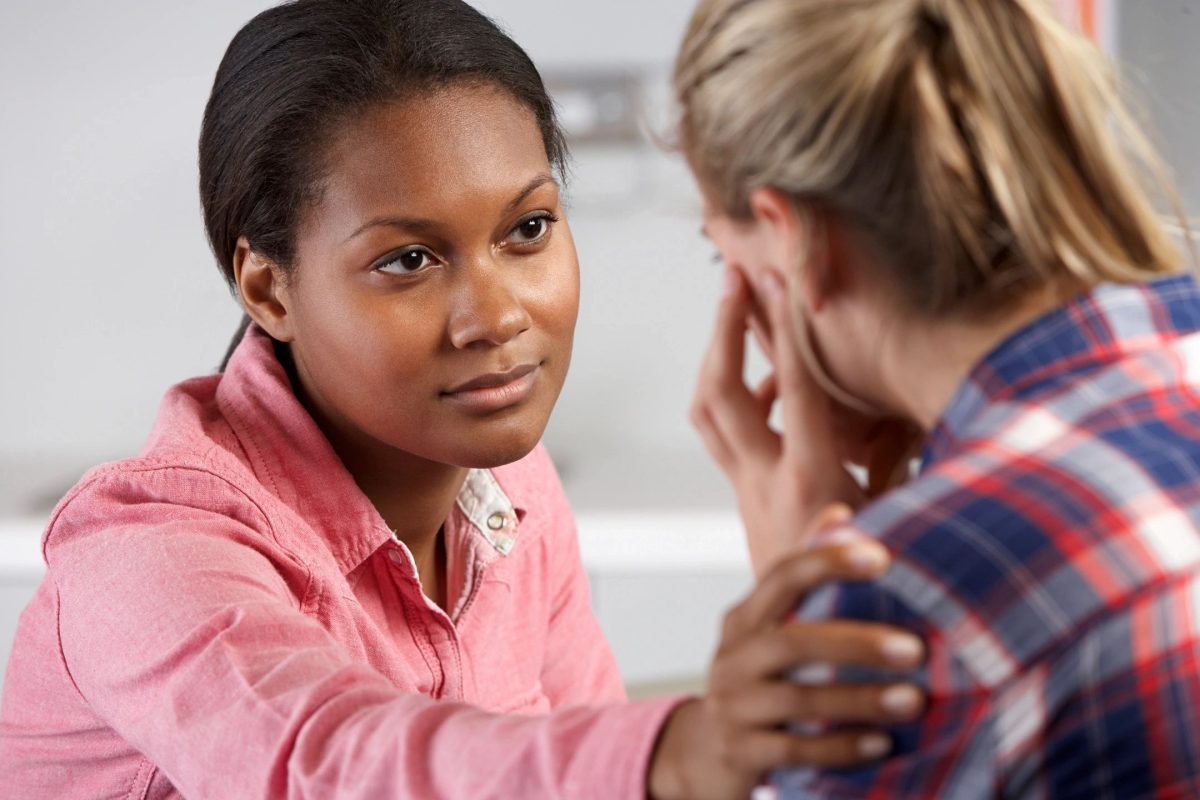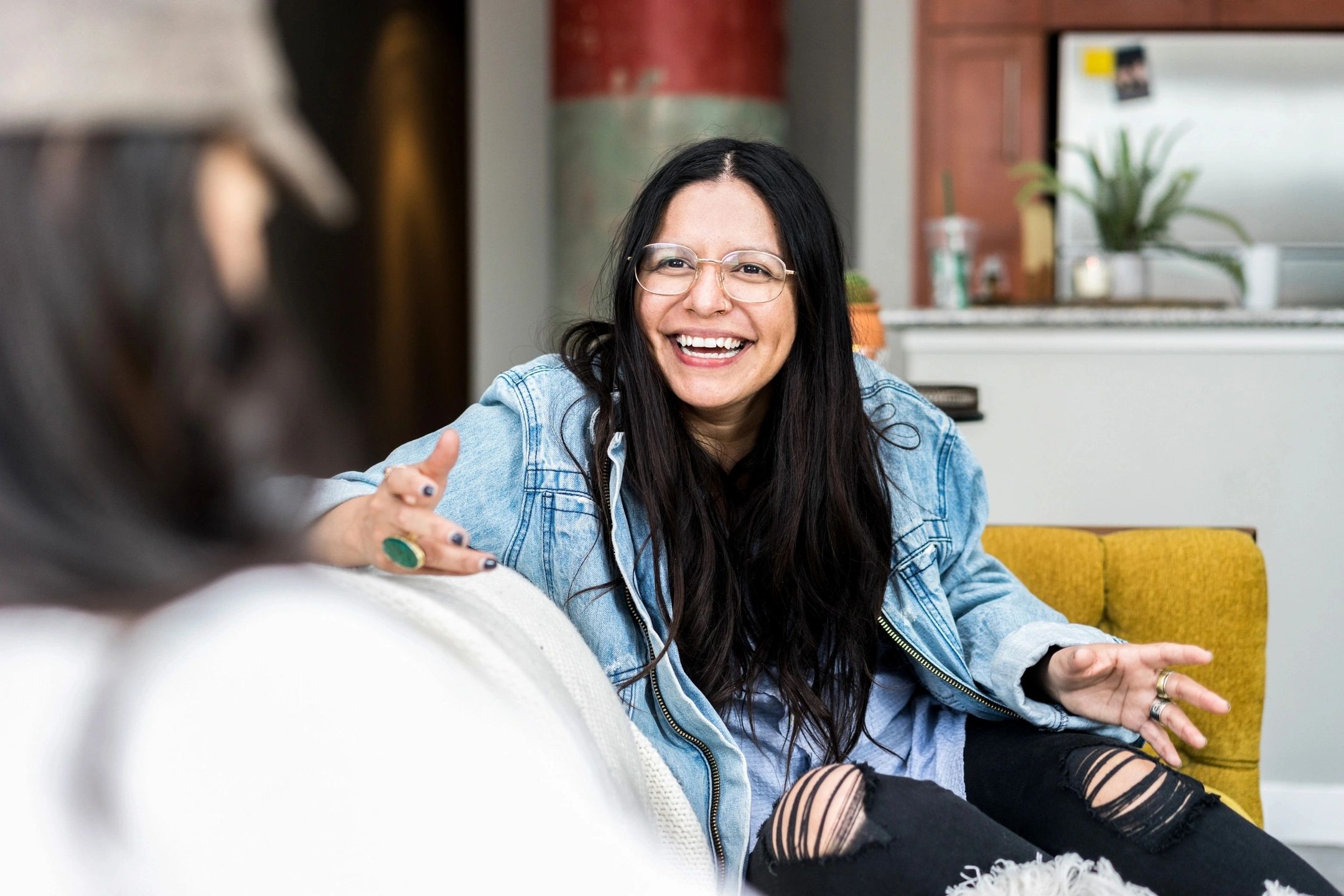Strategies for both parents and their children of all ages.
By Pam Willsey, Willsey Connections
I’ve been reflecting on loneliness lately, both personally and professionally. This is a topic that has been on my mind as I entered middle age, and most recently, several of my teen and emerging adult clients have been sharing their experiences and challenges with social distancing, isolation, and loneliness.
A couple of months ago, I had two clients who reported very different experiences with loneliness.
My first client quarantined with her family. In our discussions, she seemed both relieved and also surprised that she did not miss her friends and social circle, and that she felt less lonely in quarantine than when she was in school with her peers.
My second client was also quarantining with her family. Not only did she miss her school friends, she also reported feeling very lonely and attempted to navigate these feelings of loneliness by spending more time with some of her neighborhood acquaintances. She was surprised that her attempt to mitigate her feelings resulted in an increased sense of isolation and loneliness, as she became aware of how her new social connections highlighted what she missed most about her school friends; a deep sense of feeling seen and heard, ie., a deep meaningful connection.
This quarantine has really brought up what loneliness feels like for us. It’s generally considered to be a universal experience, yet we all experience it differently.
Brené Brown recently interviewed former U.S. surgeon general Dr. Vivek Murthy on her Unlocking Us podcast. Murthy, author of the new book Together: The Healing Power of Human Connection in a Sometimes Lonely World, broke down the three types of loneliness we can experience:
- Intimate/emotional
- Relational/social
- Collective
Intimate/emotional is the need to have a close partner or confidant to share your private ideas or feelings with. Relational/social is the need for quality friendships and support. Lastly, collective is the need for a network or group that shares your purpose.
article continues after advertisement
Being deficient in any of these types can increase your feelings of loneliness. For example, you could have amazing friendships and an engaging social scene, but still feel lonely because you are lacking a close confidant to share your deepest fears or dreams. Alternatively, you could have a supportive loving family, partner, and good friends, but sense something is missing without being part of a group or community.
This explains why you can be surrounded by people and still feel lonely, and what Brown and Murthy discuss are exactly what I most believe: when you have meaningful connections with yourself and others, you will build those intimate, social, or collective relationships. Presenting an authentic version of yourself will not only allow you to understand what matters most to you, but also helps you make more conscious choices about who you want to spend time with.
My first client had strong, meaningful connections with her parents and siblings that enabled her to feel fulfilled in quarantine despite being away from her friends. My second client (who recognizes that she has a loving and supportive family) was lacking the interaction from her school friends with whom she feels a very deep connection. When she tried to fill that void with small, socially distanced neighborhood friend gatherings, she felt more lonely than before. What my second client didn’t recognize, however, was that in conjunction with the realization of loneliness, that social/relational deficiency needs to be filled not just with people, but with true and meaningful connections. Thinking back to the Johann Hari quote, my client was trying to be around people without sharing anything important to her or them in order to feel less lonely. What she managed to do was to surround herself with yet more people which to her surprise, actually made the loneliness more obvious and pervasive.
article continues after advertisement
I have built my business on making the connections that matter most. Here are four tips I have for navigating feelings of loneliness by making your current connections both stronger and more meaningful:
Be present
Being present wherever you are is having acceptance of what is. Remind yourself that loneliness is a universal experience and this too shall pass. Knowing what we’re feeling and why we’re feeling it, is essential to determine what it is we want to do about it.
Learn what matters most to you
Life prior to quarantine was more about doing instead of being. Make the shift to being instead of doing. This has been a unique opportunity to discern what matters most to you. Stripping away the distractions and mind chatter enables us to determine what matters most to us and how we want to live our lives now.
Evaluate your relationships
Focus your energy on relationships that create the connections that matter most to you. It’s not just who you know, but how well you know them. In these evaluations, also take a look at yourself. Are you being who you want to be with these people? Are you willing to be your authentic self, or are you just looking for acceptance and validation?
Accept and celebrate differences. Often our similarities are what brings us together, and yet we can learn much more from others who are different from us. Opening up to others more can decrease our sense of isolation.
Listen
Active listening is the best way to bring about growth and change. It’s making a conscious decision to hear what people are saying. Those who feel heard tend to be more open in their ways and are often less defensive, while good listeners provide a safe environment for speakers. Good listening means listening to understand and not listening to respond. Listening is more than waiting for your turn to speak.
Now is the perfect time to work with a life coach who can help you strengthen the connections to yourself and others in your world.
Do you know a girl or have a daughter who could use some guidance?
Visit my website WillseyConnections.com for more information and let’s connect.




